Congratulation of Kazakhstan women on the spring holiday - International Women's Day March 8


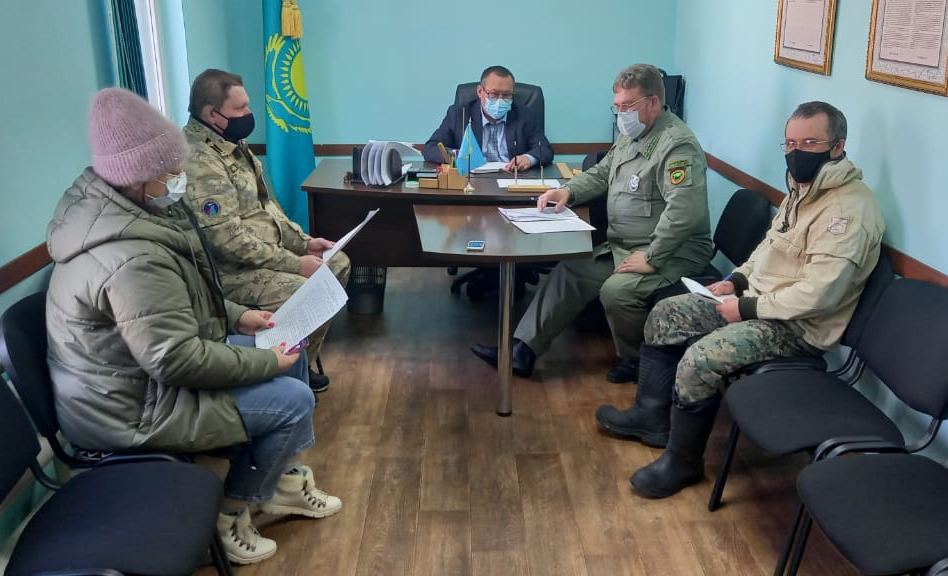 On February 28, 2022, a meeting was held on the preparation for the 2022 fire season of employees of the KSU Pihtovskoe LH UPR and RP of the East Kazakhstan Region with representatives of the aviation protection and forest users. During the meeting, it was noted that in 2022, the air patrol of the protected area will be carried out by an An-2 aircraft from the city of Ust-Kamenogorsk. In order to increase the efficiency of work in preparation for the fire season and the fight against forest fires, forest owners were tasked with implementing measures in accordance with the Rules of Fire safety in the forests of the Republic of Kazakhstan.
On February 28, 2022, a meeting was held on the preparation for the 2022 fire season of employees of the KSU Pihtovskoe LH UPR and RP of the East Kazakhstan Region with representatives of the aviation protection and forest users. During the meeting, it was noted that in 2022, the air patrol of the protected area will be carried out by an An-2 aircraft from the city of Ust-Kamenogorsk. In order to increase the efficiency of work in preparation for the fire season and the fight against forest fires, forest owners were tasked with implementing measures in accordance with the Rules of Fire safety in the forests of the Republic of Kazakhstan.
On February 28, 2022, a meeting dedicated to the formation of an anti-corruption culture among civil servants was held under the chairmanship of the Director General of the "Kazavialesoohrana" A.A. Kesimbayev. Article 16 of the Law of the Republic of Kazakhstan "On Combating Corruption" was considered on the agenda, the plans of the compliance service of the enterprise for 2022 were considered. The main theses of the President of the Republic of Kazakhstan K.K. Tokayev on the new economic policy of the Republic of Kazakhstan were also considered.
During the meeting, the head of the legal department Ibraev Zh.O. made a speech.:
In the Law of the Republic of Kazakhstan dated November 18, 2015 No. 410-U SAM. "On combating Corruption" states that the entities of the quasi-public sector define structural units that perform the functions of anti-corruption compliance services, the main task of which is to ensure compliance by the relevant organization and its employees with the legislation of the Republic of Kazakhstan on combating corruption. The Anti-Corruption Compliance Service exercises its powers independently of the executive body, officials of a quasi-public sector entity, is accountable to the Board of Directors, the supervisory board (if any) or other independent management body and is independent in ensuring compliance with the requirements of the legislation of the Republic of Kazakhstan on combating corruption. The competence, organization and procedure of the anti-corruption compliance service are determined by an internal act of a quasi-public sector entity. In this regard, special attention of the compliance service of the enterprise will be systematically directed to preventing the occurrence of corruption risks. Within the framework of these events, an analysis of corruption risks will be carried out and all possible prerequisites for the occurrence of corruption risks will be considered. Within the framework of the meeting, the main theses of the speech of the President of the Republic of Kazakhstan Kassym-Jomart Tokayev at the expanded meeting of the Government of the Republic of Kazakhstan on the quality of economic development were considered.
At the end of the meeting, the Director General of the "Kazavialesoohrana" A.A. Kesimbayev made a speech.:
- "The anti-corruption behavior of civil servants is established by Article 52 of the Law on Civil Service, from the norms of which it follows that civil servants must resist manifestations of corruption, prevent corruption offenses, must stop the facts of corruption offenses on the part of other civil servants. At the same time, if a civil servant has information about a corruption offense, he must take the necessary measures to prevent and terminate such an offense, including immediately informing in writing the superior head, the management of the state body in which he works, the authorized state bodies. A civil servant is also obliged to immediately inform the specified persons and bodies in writing about cases of inducement by other persons to commit corruption offenses."
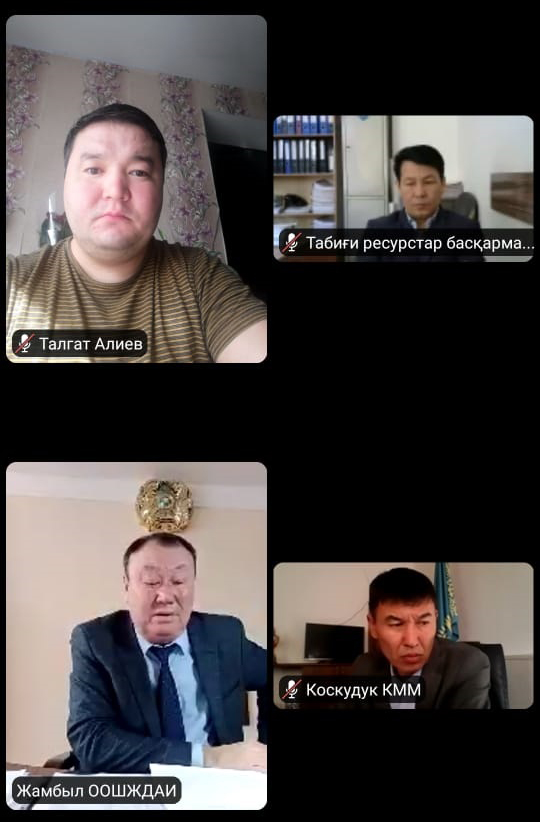 On February 23, 2022, in the Zhambyl Regional Territorial Inspectorate of Forestry and Wildlife of the Committee of Forestry and Wildlife, a meeting was held via videoconferencing on the topic: "Results of the fire season 2021 and tasks for the fire season 2022", with the participation of representatives of the municipal State forest institutions economy of the Department of Natural Resources and Regulation of Nature Management of the Zhambyl Region and the Zhambyl Regional Territorial Inspectorate of Forestry and Wildlife.
On February 23, 2022, in the Zhambyl Regional Territorial Inspectorate of Forestry and Wildlife of the Committee of Forestry and Wildlife, a meeting was held via videoconferencing on the topic: "Results of the fire season 2021 and tasks for the fire season 2022", with the participation of representatives of the municipal State forest institutions economy of the Department of Natural Resources and Regulation of Nature Management of the Zhambyl Region and the Zhambyl Regional Territorial Inspectorate of Forestry and Wildlife.
The head of the Zhambyl aviation department Aliyev T.T. took part in the meeting from the State Enterprise "Kazavialesoohrana"
On February 22, 2022, in the Karaganda Regional Territorial Inspectorate of Forestry and Wildlife of the Committee of Forestry and Wildlife, a meeting was held via videoconferencing on preparing for the fire season of 2022 on the territory of the state forest fund and specially protected natural areas, as well as considering the work plans of forest owners of the region for 2022 .
The meeting was attended by representatives of the Department of Natural Resources and the Regulation of Nature Management, communal state forestry institutions, National Natural Parks located in the Karaganda region, representatives of the ES. The head of the Karkaraly aviation department T.V. Plotnikov.
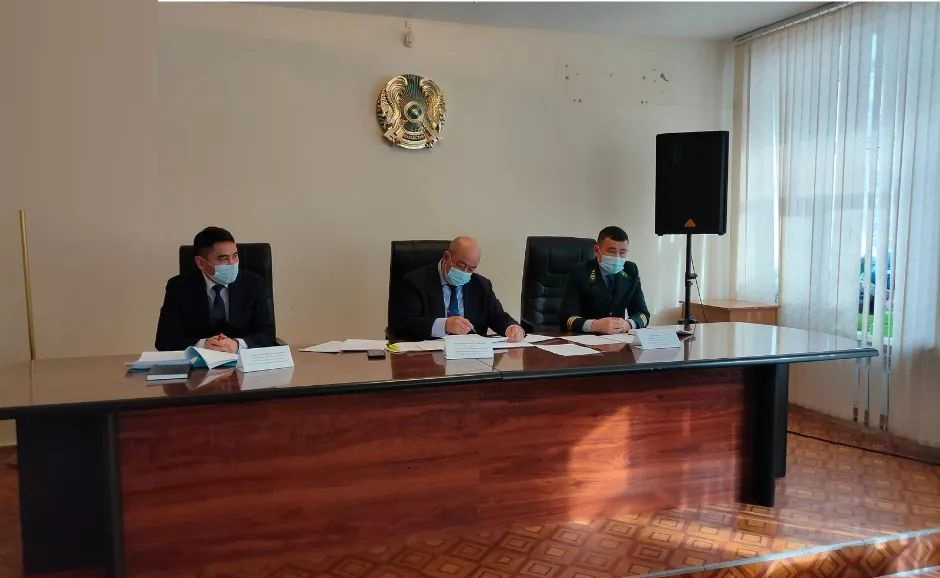 On February 18, 2022, a meeting was held at the East Kazakhstan Regional Territorial Inspectorate for Forestry and Wildlife of the Committee for Forestry and Wildlife on the topic: "Results of the fire season 2021 and tasks for the fire season 2022", as well as the implementation of the Comprehensive Plan for afforestation and reforestation on the territory of the state forest fund of the East Kazakhstan region.
On February 18, 2022, a meeting was held at the East Kazakhstan Regional Territorial Inspectorate for Forestry and Wildlife of the Committee for Forestry and Wildlife on the topic: "Results of the fire season 2021 and tasks for the fire season 2022", as well as the implementation of the Comprehensive Plan for afforestation and reforestation on the territory of the state forest fund of the East Kazakhstan region.
Following the meeting, forest owners were recommended to complete preparations for the fire season of 2022 by March 19 this year, including training and briefing of forest fire services, formation of fire brigades, repair of fire fighting equipment, equipment and observation facilities, creation of a reserve stock of fuel and lubricants, provision sustainable telephone and radio communications, as well as ensure and burn logging residues.
At the meeting, the need was especially emphasized for the timely provision of information on all facts of fires in the subordinate territory to the inspection and aviation departments of the Eastern Aviation Division, taking measures to resupply fire equipment and equipment for forestry institutions, develop and submit agreed plans for interaction to combat forest fires, with 24 March to April 9 of the current year, inspections to check the forest owners of the East Kazakhstan region for readiness for the upcoming fire season.
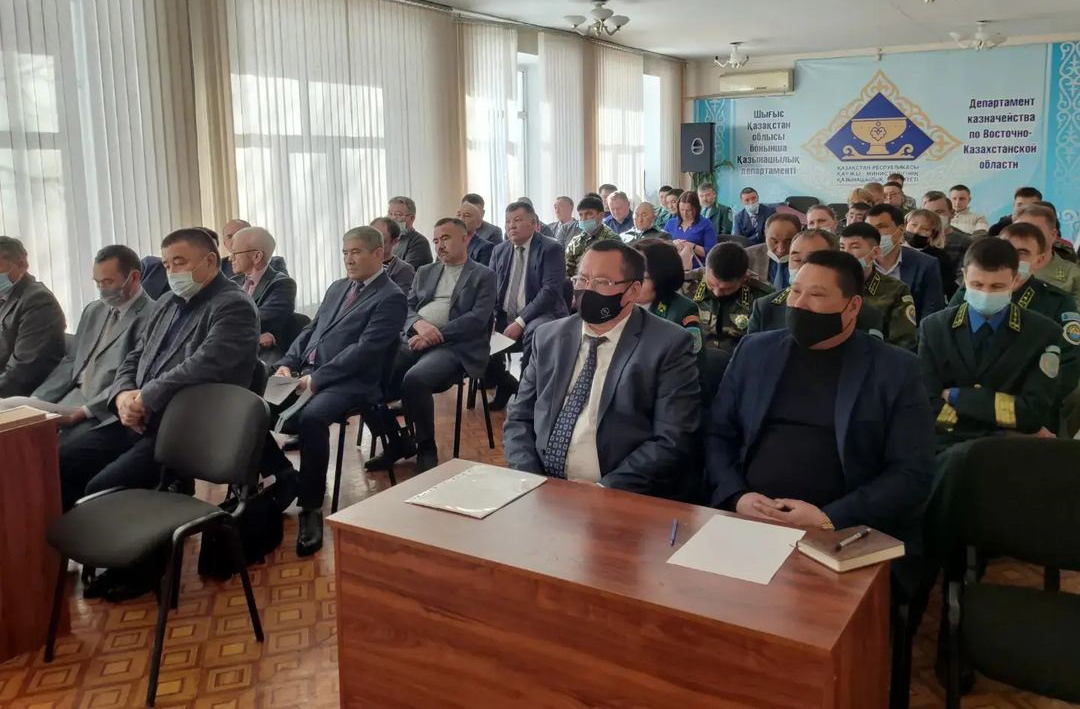 Regarding the work on planting forest crops in accordance with the established plans, the issues of shortage in planting material, the need to equip a nursery on the territory of the Malo-Ubinsky forestry, maintaining an Interactive map of planting forests and the Forest Accounting program and providing up-to-date weekly information throughout the year were discussed at the Headquarters for monitoring the implementation of the message of the Head of State on planting 2 billion trees over 5 years.
Regarding the work on planting forest crops in accordance with the established plans, the issues of shortage in planting material, the need to equip a nursery on the territory of the Malo-Ubinsky forestry, maintaining an Interactive map of planting forests and the Forest Accounting program and providing up-to-date weekly information throughout the year were discussed at the Headquarters for monitoring the implementation of the message of the Head of State on planting 2 billion trees over 5 years.
During the meeting, the head of the department of forests and specially protected natural areas of the East Kazakhstan region of the territorial inspection of forestry and wildlife Erdos Umutov spoke:
- "Since the beginning of the fire season last year, 194 forest fires have been registered on the territory of the state forest fund of the region on a total area of over 669 hectares. This number includes four large fires with an area of more than 25 hectares each. May on an area of more than 276 hectares, the other - in the same month in the KSU "Zaisan forestry" on an area of more than 112 hectares. Another was in late August on the territory of the KSU "Kurchum forestry" on an area of 118 hectares."
According to him, the total damage caused by fires in the forests of the East Kazakhstan region last year exceeded 275 million tenge.
The meeting was attended by representatives of municipal State Forestry Institutions of the Department of Natural Resources and Environmental Management of the East Kazakhstan region, the Semey Ormany State Forestry Agency, the Zapadno-Altaisky State Nature Reserve, the Katon-Karagai State Nature Reserve, and the Markakolsky State Nature Reserve.
The commander of the Eastern aviation division Konshu A.V. took part in the meeting from the enterprise of the State Enterprise “Kazavialesoohrana”.
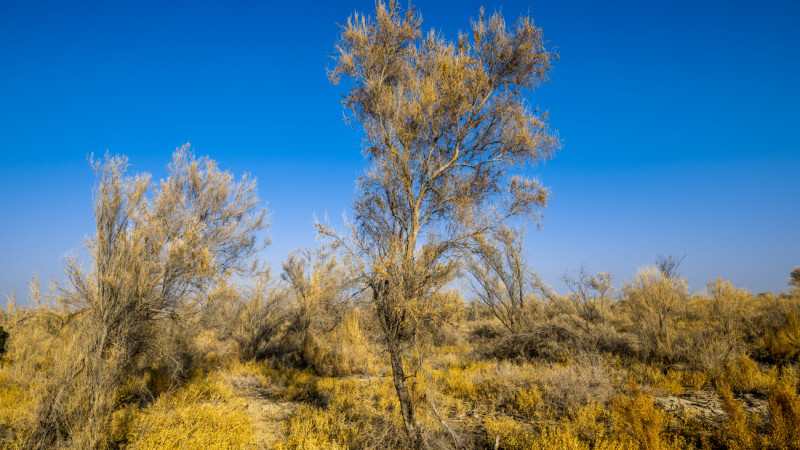
Photo Grigory Bedenko
The Ministry of Ecology told how they will sow saxaul on the former bottom of the Aral Sea, Tengrinews.kz reports.
In response to a request from Tengrinews.kz, after the publication of plans to sow the bottom of the Aral Sea with saxaul from the air, the Ministry of Ecology reported that sowing seeds on the former seabed was recognized as the most environmentally friendly and cost-effective method to stabilize the loose salt surface and shifting sands. The Ministry of Ecology noted that more than 100 thousand tons of salts and dust are carried annually from the bottom of the Aral Sea.
President Tokayev, in order to improve the environmental situation, set the task of carrying out phytoforestry (afforestation) work at the bottom of the Aral Sea until 2025 on a total area of 1.1 million hectares by creating saxaul plantations. From the moment of independence until 2021, 195,000 hectares of saxaul have already been planted on the dry seabed.
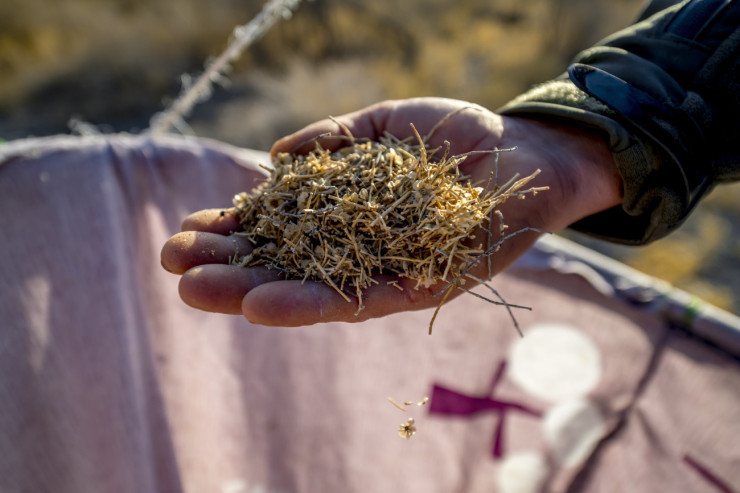 Photo Grigory Bedenko
Photo Grigory Bedenko
In order to adopt foreign experience in carrying out such work, a Kazakh delegation headed by the Vice Minister of Ecology went to Uzbekistan in June 2021. Earlier in this country, sowing work was already carried out at the bottom of the Aral Sea on an area of 1.6 million hectares, and most of this area was covered with aerial seeding.
During the trip, the head of the laboratory of the Research Institute of Forestry of Uzbekistan, Novitsky, acquainted the Kazakh side with the Uzbek experience in afforestation of the dried seabed. Members of the Kazakh delegation traveled to the Aral regions bordering Kazakhstan. The survival rate of saxaul in the surveyed areas on the territory of Uzbekistan amounted to 1,500 pieces per hectare.
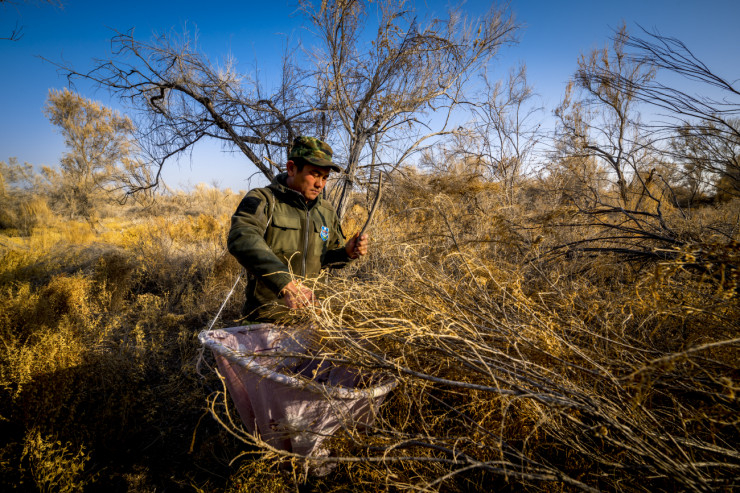 Photo Grigory Bedenko
Photo Grigory Bedenko
From October to May, the Kazakh side carried out six expeditions to determine the scope and methods of carrying out the planned work on planting greenery on the bottom of the Aral Sea. LLP "Kazakh Research Institute of Forestry and Agroforestry named after A.N. Bukeikhana" on the basis of all studies and data of Kazakh and Uzbek scientists has developed Temporary recommendations for sowing seeds of black saxaul in the Kyzylorda region.
"According to the recommendations, it was planned to carry out aerial seeding on an area of 64,000 hectares. Due to the fact that seven units of new T-150 tractors were purchased last fall, it became possible to conduct large-scale mechanical seeding, and in order to save financial resources, aerial seeding was replaced by mechanized sowing ", - reported the Ministry of Ecology.
The Ministry noted that sowing seeds from the air is not something incredible. This method has its pros and cons. Among the advantages is the ability to sow seeds in large and hard-to-reach areas for the passage of equipment. The negative aspects include high seed consumption, low survival rate of seedlings and weaker crop growth compared to planting. Such work can be effective in the selection of areas, thorough preparation of the soil for air seeding (mechanized tillage), compliance with sowing dates, seed quality, weather conditions in the year of sowing. In Uzbekistan, the survival rate of seeds ranged from 20 to 65 percent.
As a result, in 2021, saxaul was sown on an area of 100,000 hectares. In 2022-2025, sowing is planned on an area of 250,000 hectares annually. The work was carried out by subordinate organizations of the Ministry of Ecology, Geology and Natural Resources and state forestry institutions of the Akimat of the Kyzylorda region. 206.6 million tenge were allocated from the republican budget for the collection of seeds.
It is also planned to carry out the following works from 2021 to 2025:
1.development of innovative methods for improving the survival of saxaul on the bottom of the Aral Sea and the development of recommendations for mechanical seeding and air seeding of saxaul;
2.mapping of the lands of the subsided forest fund (drawing up maps of the modern relief with an assessment of soils, salt, movement of sands, underground and aboveground waters, vegetation);
3.conducting soil surveys and developing working projects for afforestation of the seabed;
4.creation of a forest nursery on a drained bottom (30 hectares) to provide planting material;
5.reforestation and afforestation at ODAM.
https://tengrinews.kz/kazakhstan_news/minekologii-rasskazali-sobirayutsya-zaseyat-osushennoe-dno-462185/
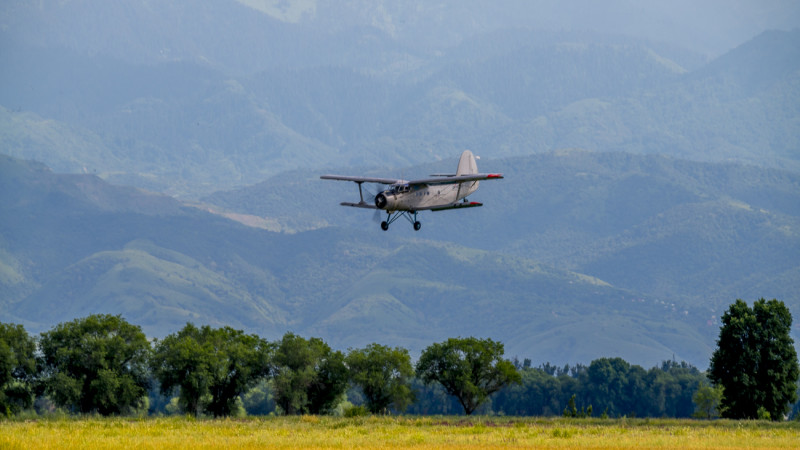 The state enterprise "Kazavialesoohrana" spoke about the unrealized project for sowing saxaul seeds on the dried bottom of the Aral Sea using aviation. According to employees, such a method could be a waste of budgetary funds, Tengrinews.kz reports.
The state enterprise "Kazavialesoohrana" spoke about the unrealized project for sowing saxaul seeds on the dried bottom of the Aral Sea using aviation. According to employees, such a method could be a waste of budgetary funds, Tengrinews.kz reports.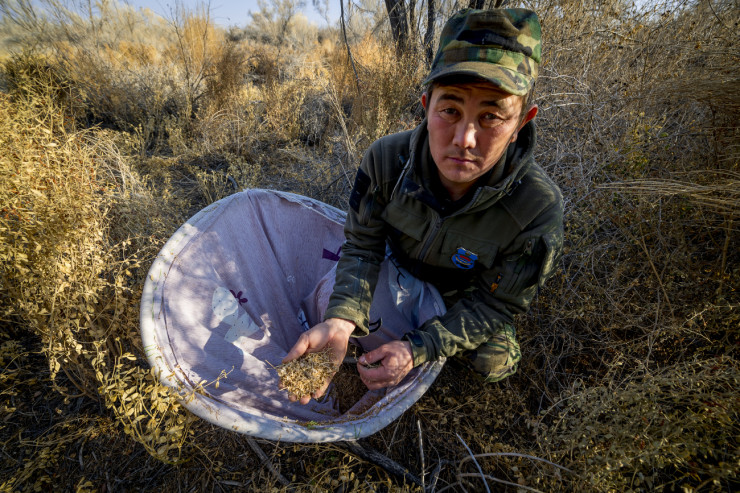 Photo: Grigory Bedenko. Collection of saxaul seeds
Photo: Grigory Bedenko. Collection of saxaul seeds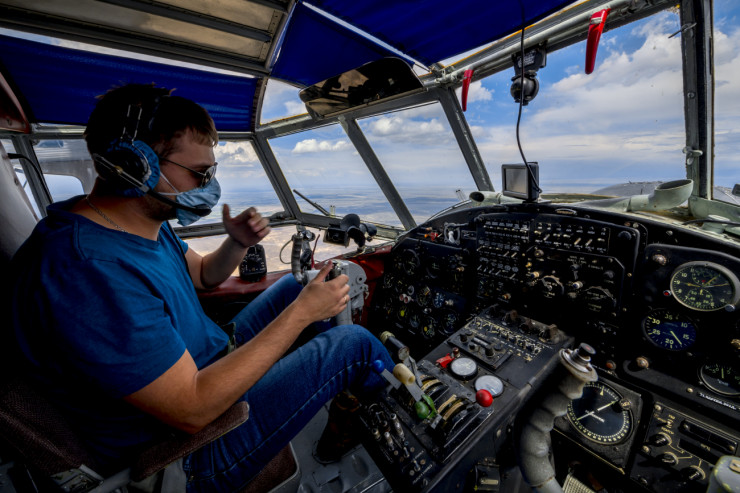 Photo: Grigory Bedenko. An-2 aircraft cabin.
Photo: Grigory Bedenko. An-2 aircraft cabin. Photo: Grigory Bedenko.
Photo: Grigory Bedenko.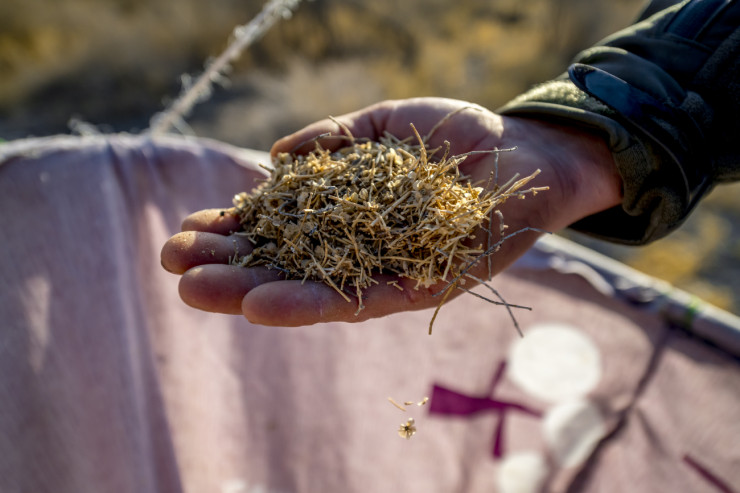 Photo: Grigory Bedenko. Saxaul seeds.
Photo: Grigory Bedenko. Saxaul seeds.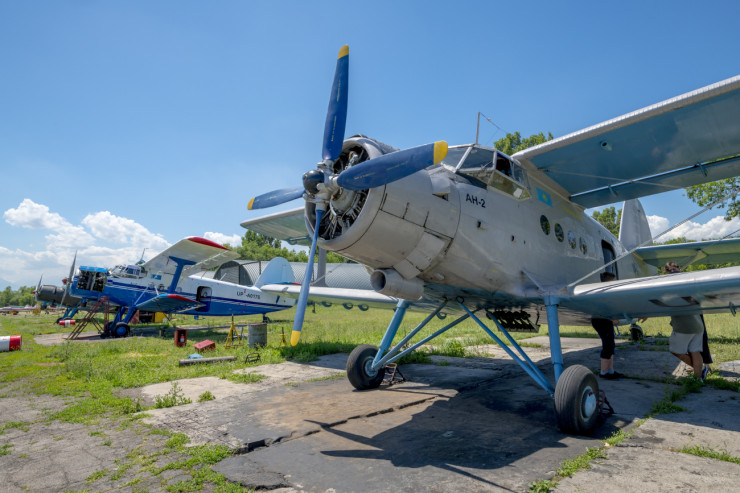 Photo: Grigory Bedenko.
Photo: Grigory Bedenko.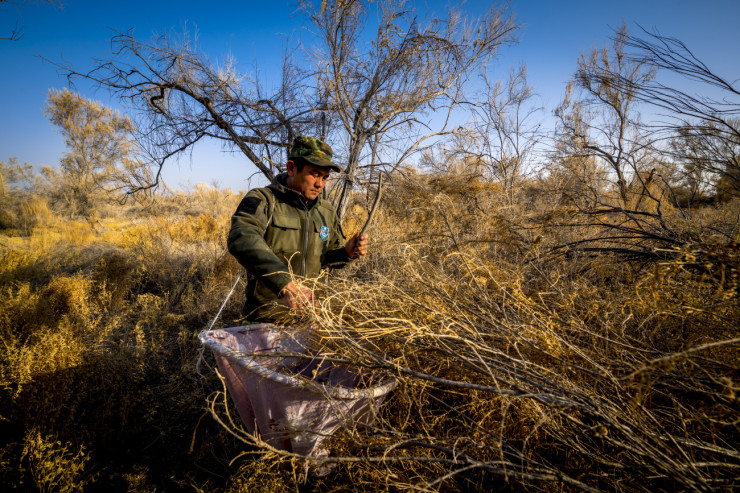 Photo: Grigory Bedenko.
Photo: Grigory Bedenko.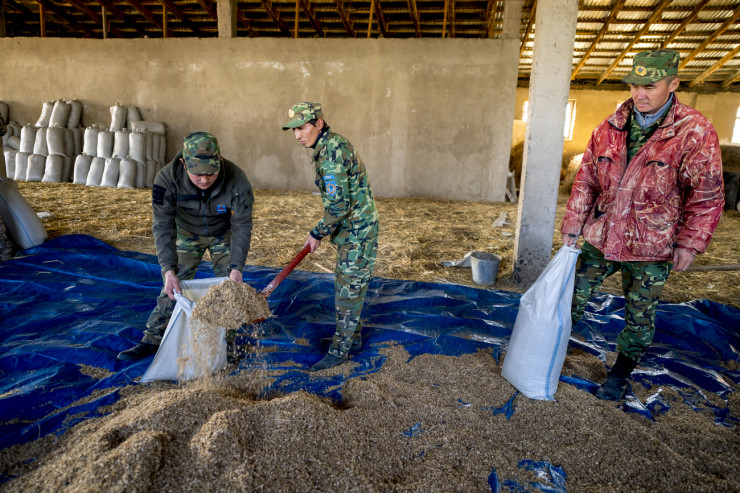 Photo: Grigory Bedenko.
Photo: Grigory Bedenko.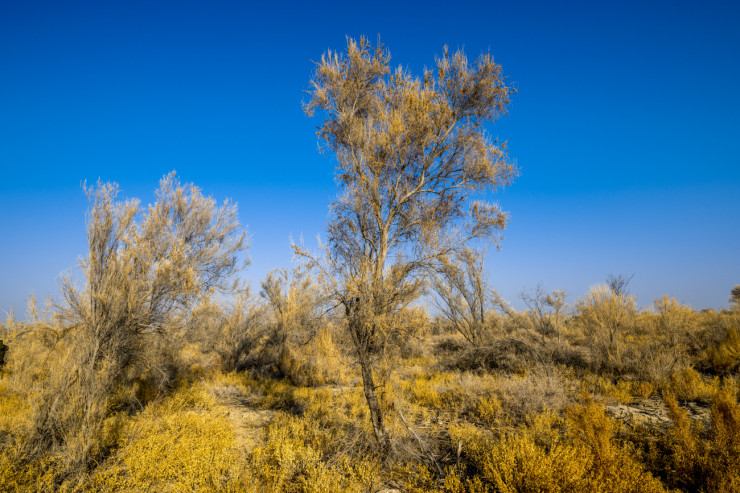 Photo: Grigory Bedenko.
Photo: Grigory Bedenko. The small forest patrol complex MLPC is an operational off-road vehicle based on a cargo-passenger vehicle with a double comfortable cabin. A forest patrol vehicle is indispensable in case of fires, it helps to quickly put out small fires and thus is able to prevent and eliminate large forest fires.
The small forest patrol complex MLPC is an operational off-road vehicle based on a cargo-passenger vehicle with a double comfortable cabin. A forest patrol vehicle is indispensable in case of fires, it helps to quickly put out small fires and thus is able to prevent and eliminate large forest fires.
It is intended for patrolling forests and other natural landscapes, delivering people and fire equipment to work sites in order to carry out preventive firefighting measures and extinguish forest fires. It is used in rural settlements and at national economy facilities.
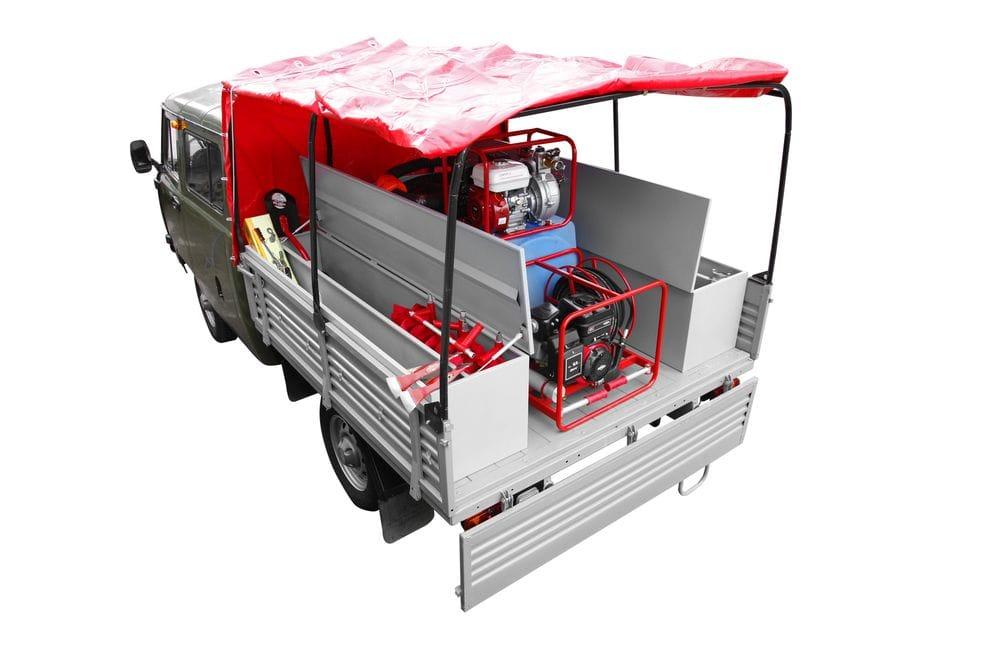 The basis for the MLPC is the UAZ-390945 (Farmer) car. This vehicle is very beneficial in the forest belt: having good cross-country ability, such a forest patrol complex is able to bring people with all the special equipment and material to the fire. MLPK UAZ is also widely used to patrol forest areas and rural areas.
The basis for the MLPC is the UAZ-390945 (Farmer) car. This vehicle is very beneficial in the forest belt: having good cross-country ability, such a forest patrol complex is able to bring people with all the special equipment and material to the fire. MLPK UAZ is also widely used to patrol forest areas and rural areas.
In the forest, MLPKs are more mobile and efficient compared to fire trucks, the design of which is aimed at extinguishing object fires.
In addition, the MLPC does not require equipped fire piers for refueling with water. It should be noted that all the fire-technical equipment of the MLPC is removable, which increases its versatility.
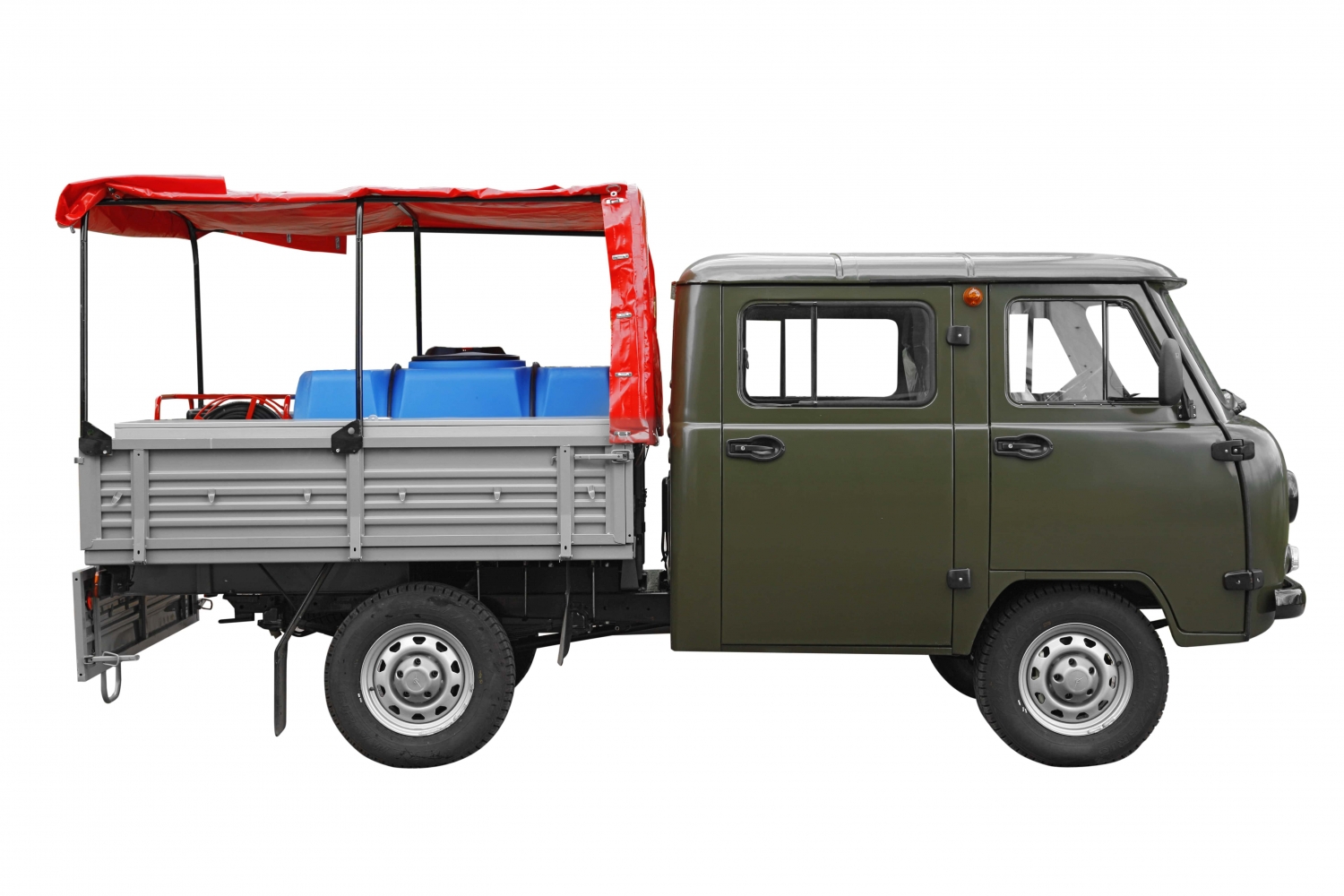 High driving performance, spacious comfortable cabin, availability of water supply and solid wetting agent, fire equipment, ease of maintenance determine the high efficiency of its use.
High driving performance, spacious comfortable cabin, availability of water supply and solid wetting agent, fire equipment, ease of maintenance determine the high efficiency of its use.
UAZ chassis have a gasoline engine with direct fuel injection, small dimensions and a 4x4 wheel formula, are easily operated in forests and hard-to-reach places, having good maneuverability and increased cross-country ability.
The MLPC cab is two-row, made in the same space with the driver's cab, three-door, five-seater, all-metal.
There are five seats in the cabin of the UAZ forest patrol vehicle, all the necessary fire equipment is placed in the cargo compartment. The metal platform is covered with an awning on a removable frame. The side and rear walls of the awning can be freely folded and provide free access to the equipment located inside the body of the MLPC and comfortable operation of the equipment during a fire.
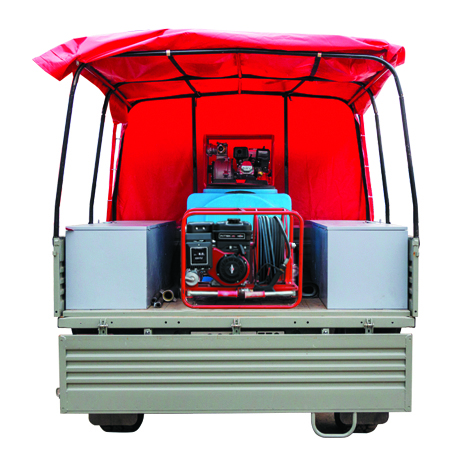 During a long patrol of forests, forest firefighters are provided with comfortable conditions in the cabin: soft upholstery, chairs with the ability to adjust the position, a table, cabin heating.
During a long patrol of forests, forest firefighters are provided with comfortable conditions in the cabin: soft upholstery, chairs with the ability to adjust the position, a table, cabin heating.
The small forest patrol complex based on the UAZ-390945 Farmer allows minor engine repairs without leaving the cab, in all weather conditions due to the location of the power unit inside the cab.
The MLPK is designed for operation and garageless storage at ambient temperatures from -40 ⁰С to +40 ⁰С.
The chassis is equipped with a frame reinforcement kit to improve vehicle performance under increased loads.
The set of forest fire equipment and inventory includes:

Water tank with a volume of 500 l - 1 pc;
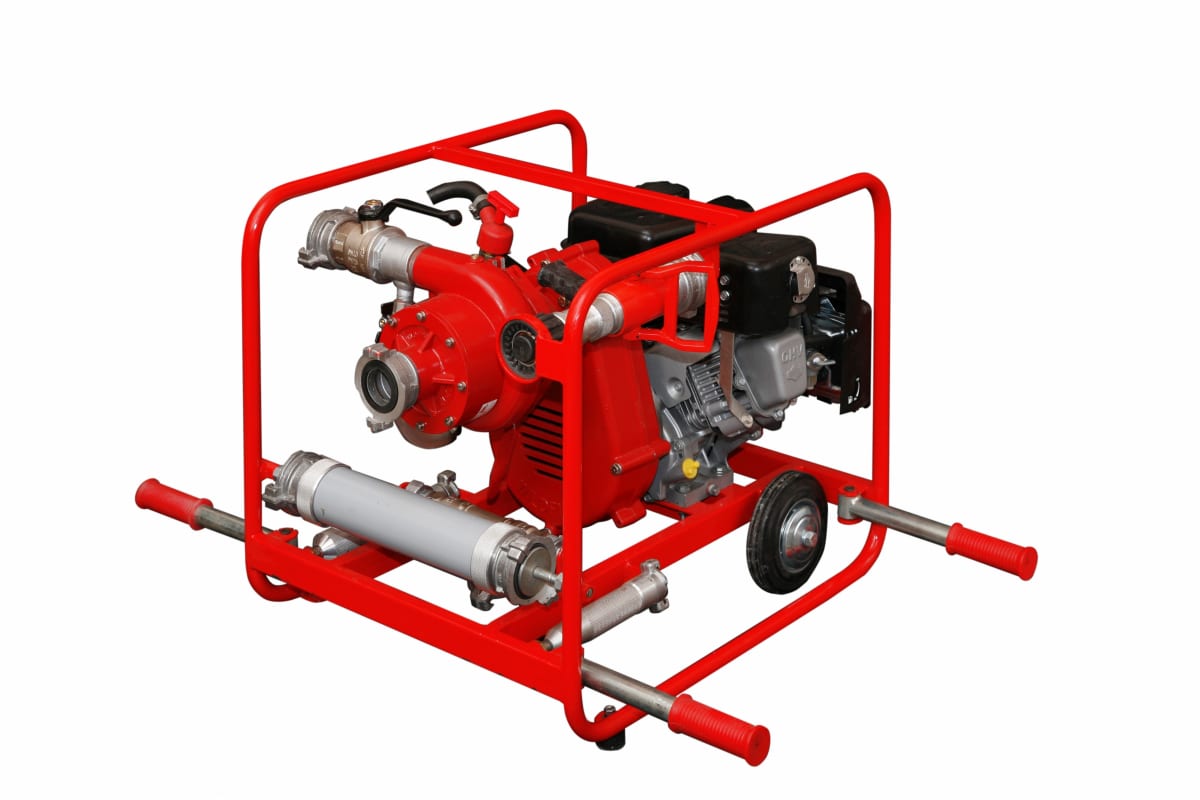
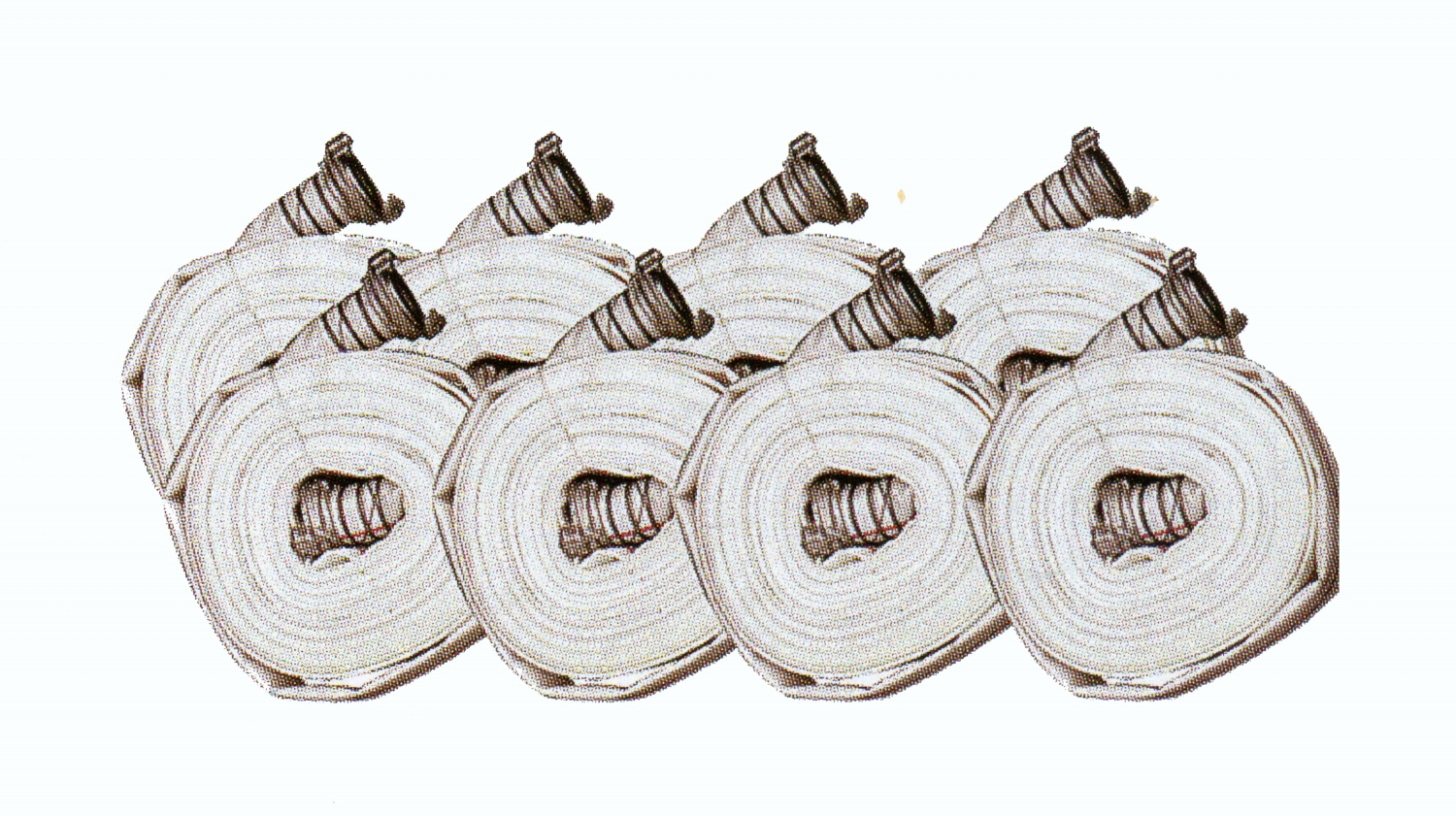 High-pressure fire motor pump (Niagara type) complete with sleeves - 1 pc;
High-pressure fire motor pump (Niagara type) complete with sleeves - 1 pc;

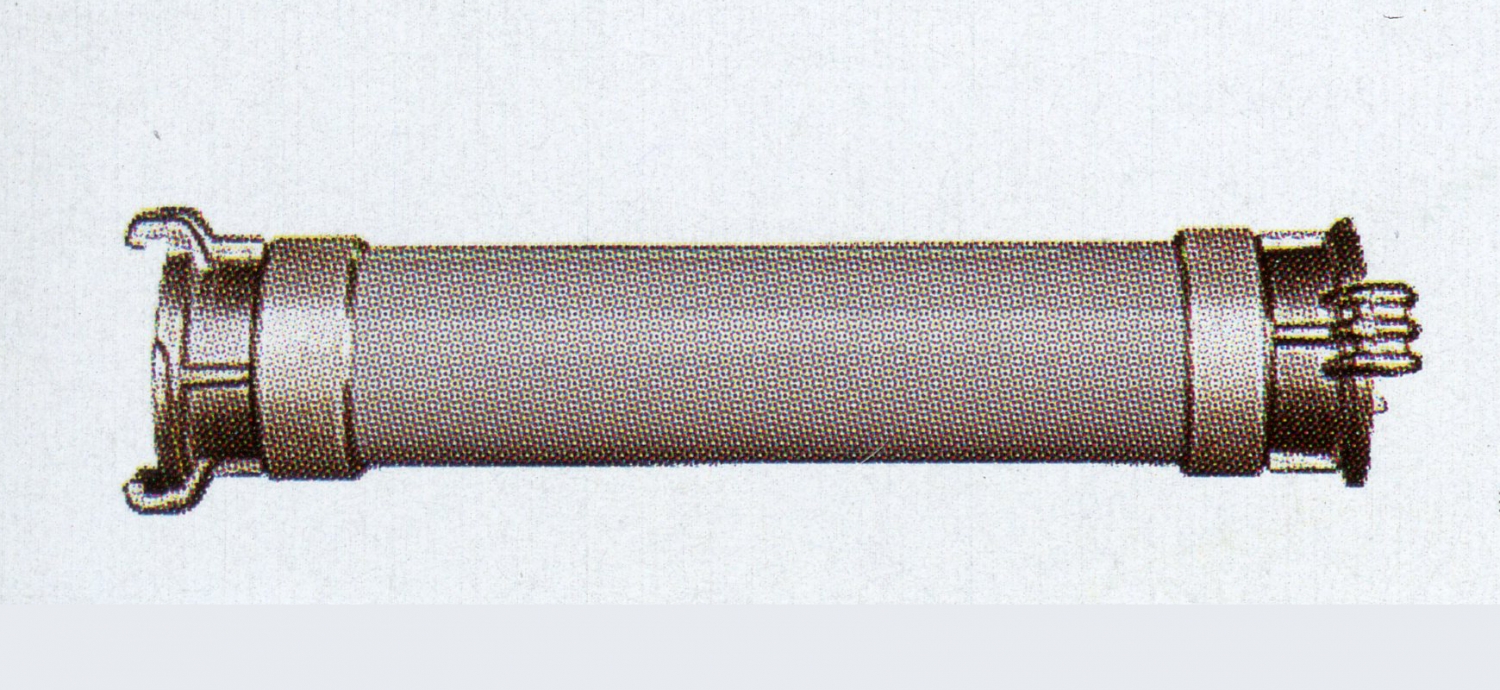
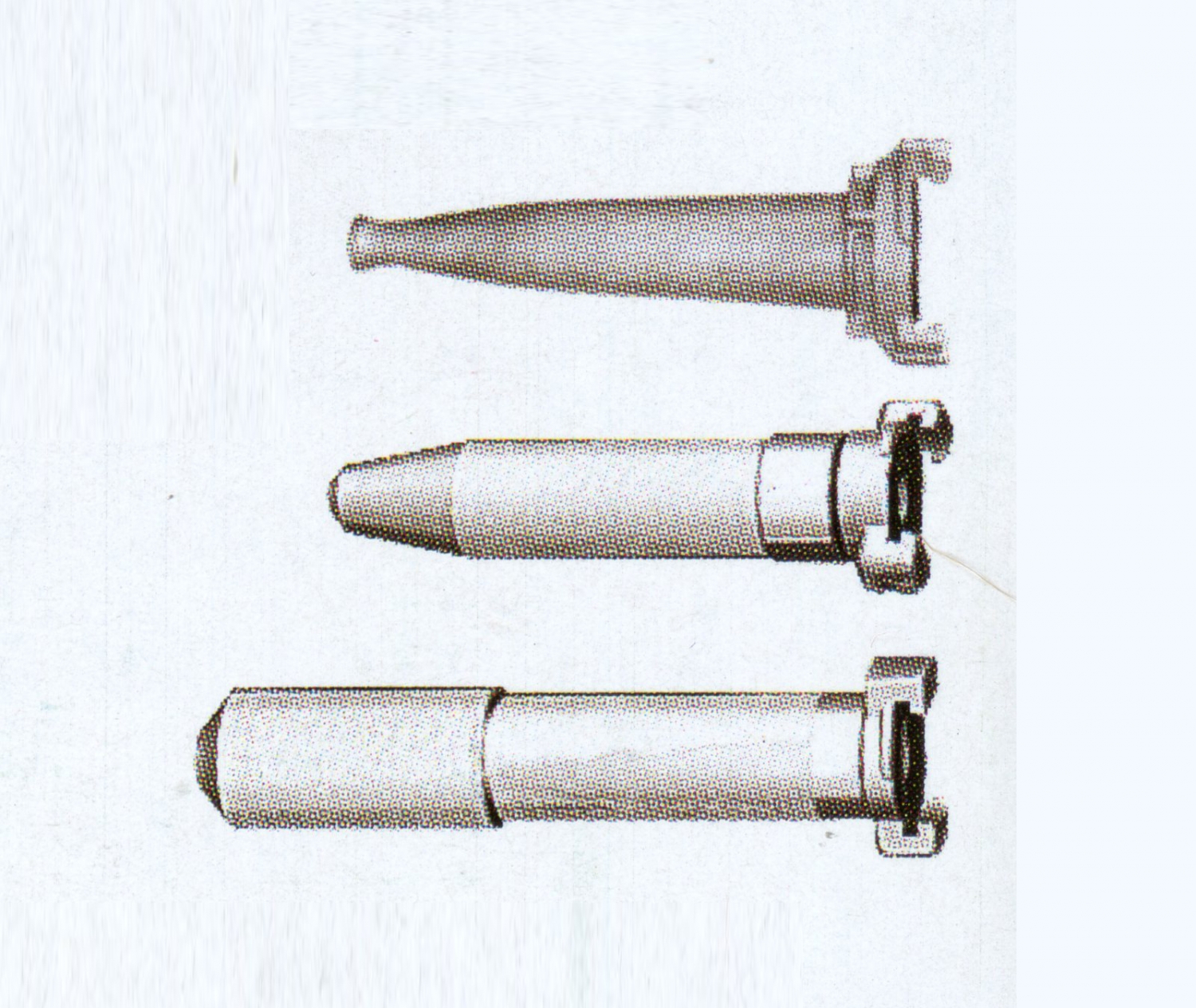 Adjustable and non-adjustable fire barrel with a rigidly fixed mixing tube and wetting agent - 1 set;
Adjustable and non-adjustable fire barrel with a rigidly fixed mixing tube and wetting agent - 1 set;
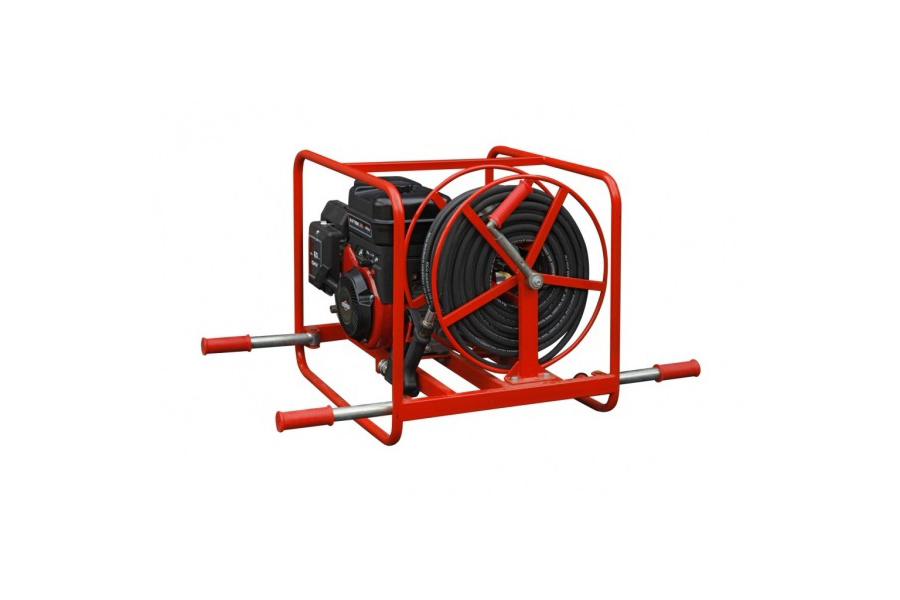 High-pressure fire-fighting unit (UPPV) (Ermak type) - 1 piece;
High-pressure fire-fighting unit (UPPV) (Ermak type) - 1 piece;
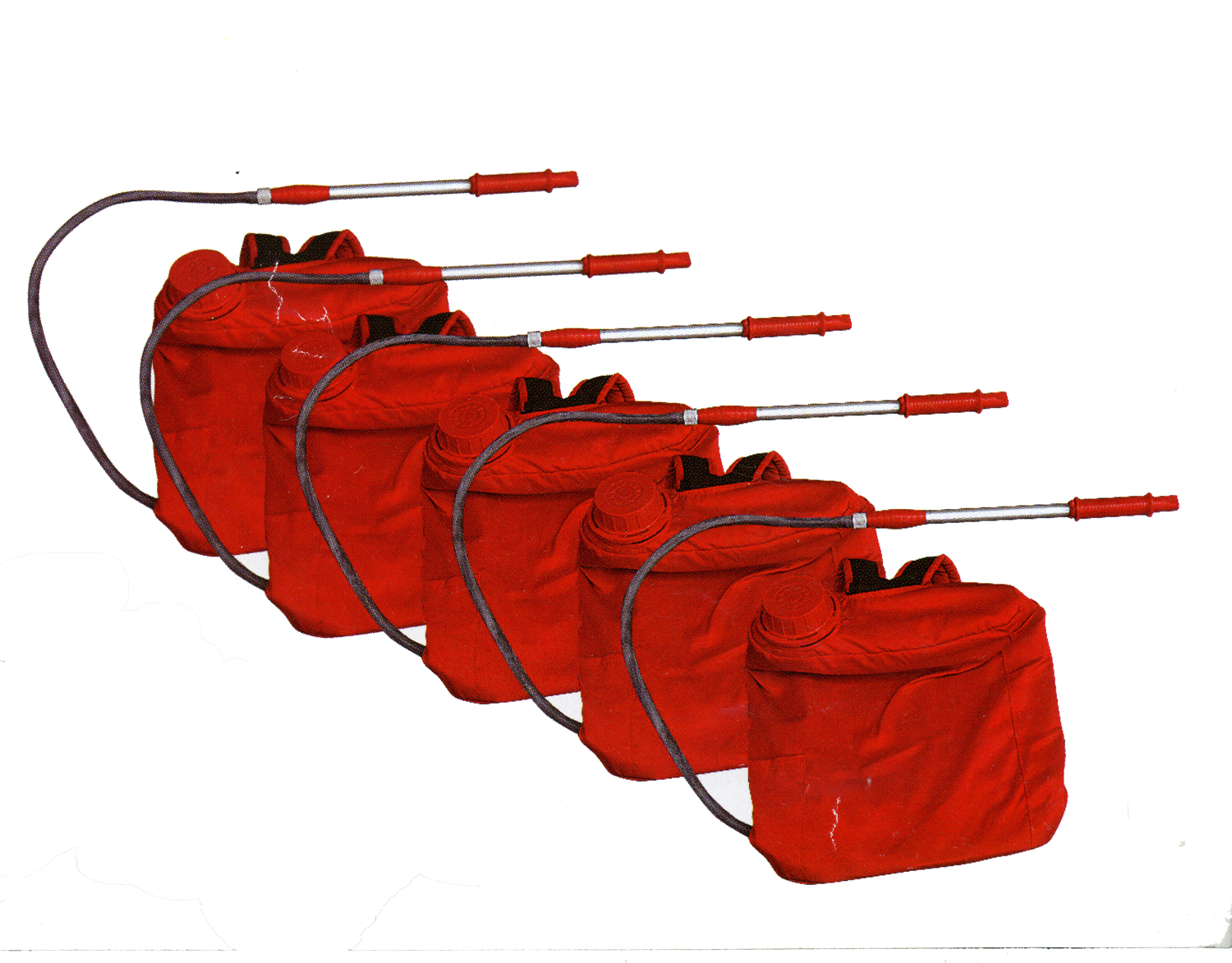 Knapsack forest fire extinguisher in quantity (type RP-18 "Ermak") - 5 pcs;
Knapsack forest fire extinguisher in quantity (type RP-18 "Ermak") - 5 pcs;
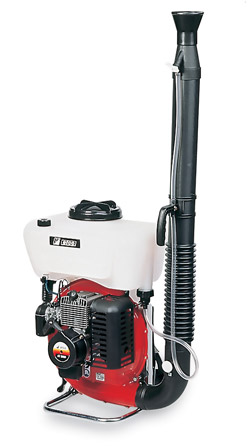 Blower-sprayer - 1 piece;
Blower-sprayer - 1 piece;
 Chainsaw - 1 pc;
Chainsaw - 1 pc;
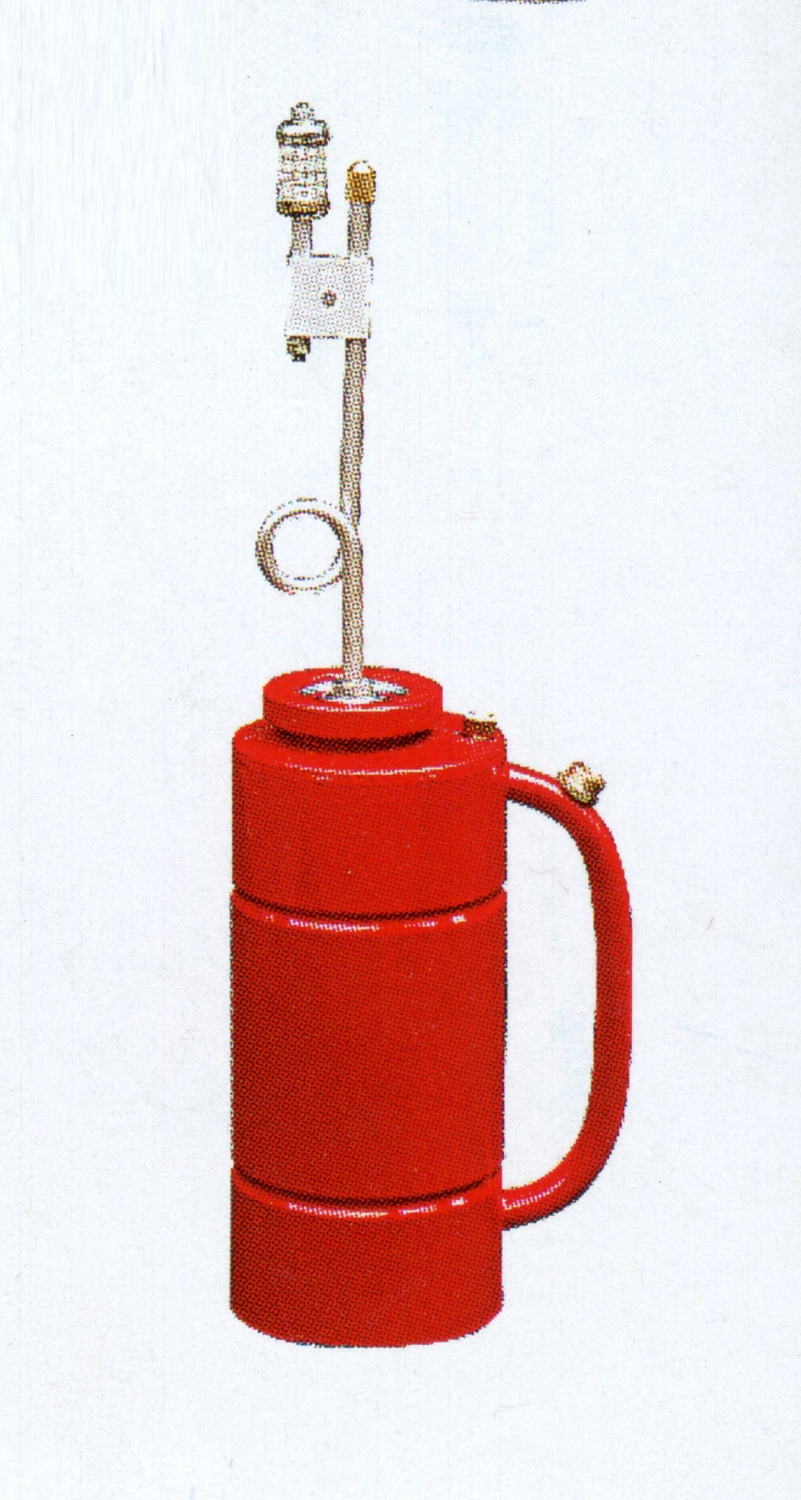 Incendiary device - 1 pc;
Incendiary device - 1 pc;
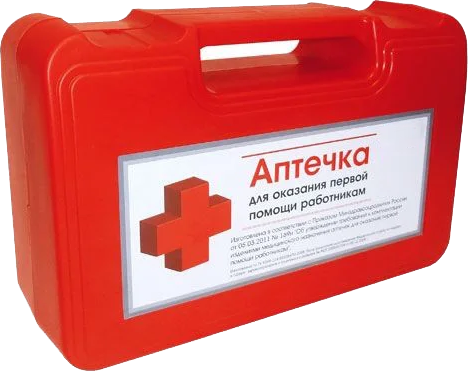 Individual medical kit (first aid kit) - 5 pcs;
Individual medical kit (first aid kit) - 5 pcs;
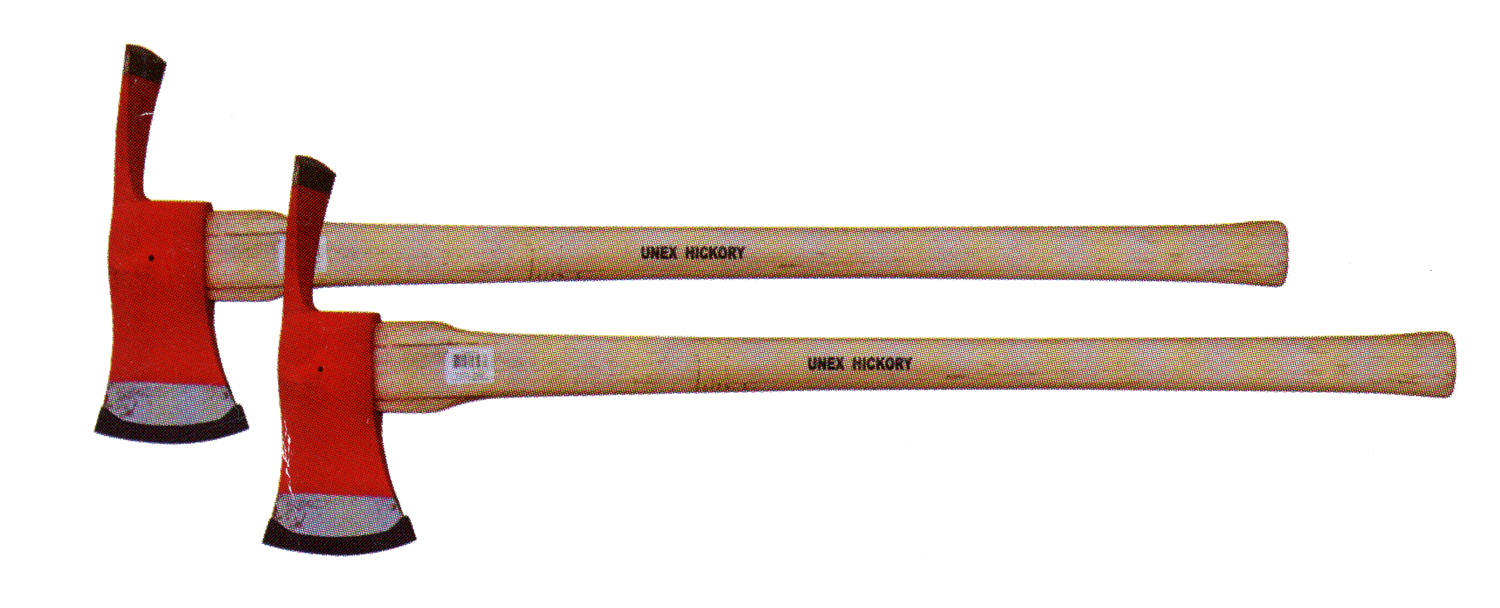 Ax-hoe - 5 pcs;
Ax-hoe - 5 pcs;
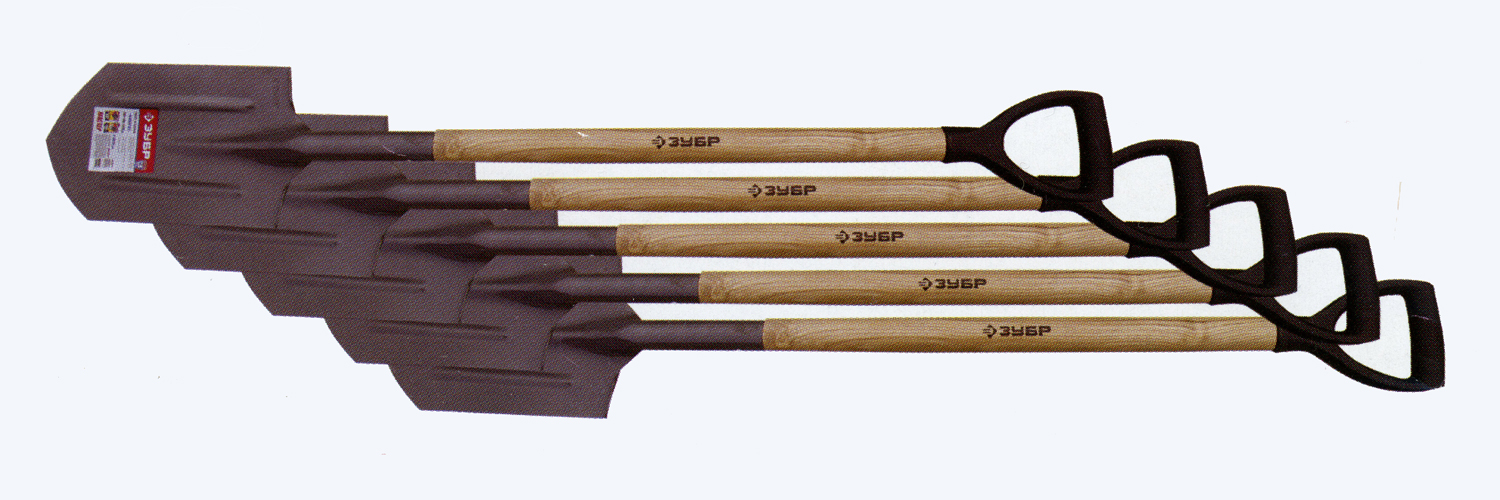 Shovel - 5 pcs;
Shovel - 5 pcs;
 Universal filtering small-sized self-rescuer - 5 pcs;
Universal filtering small-sized self-rescuer - 5 pcs;
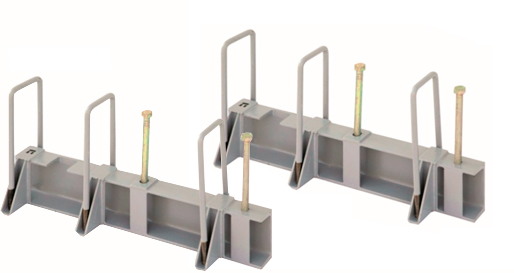 Reinforced springs - 1 set;
Reinforced springs - 1 set;
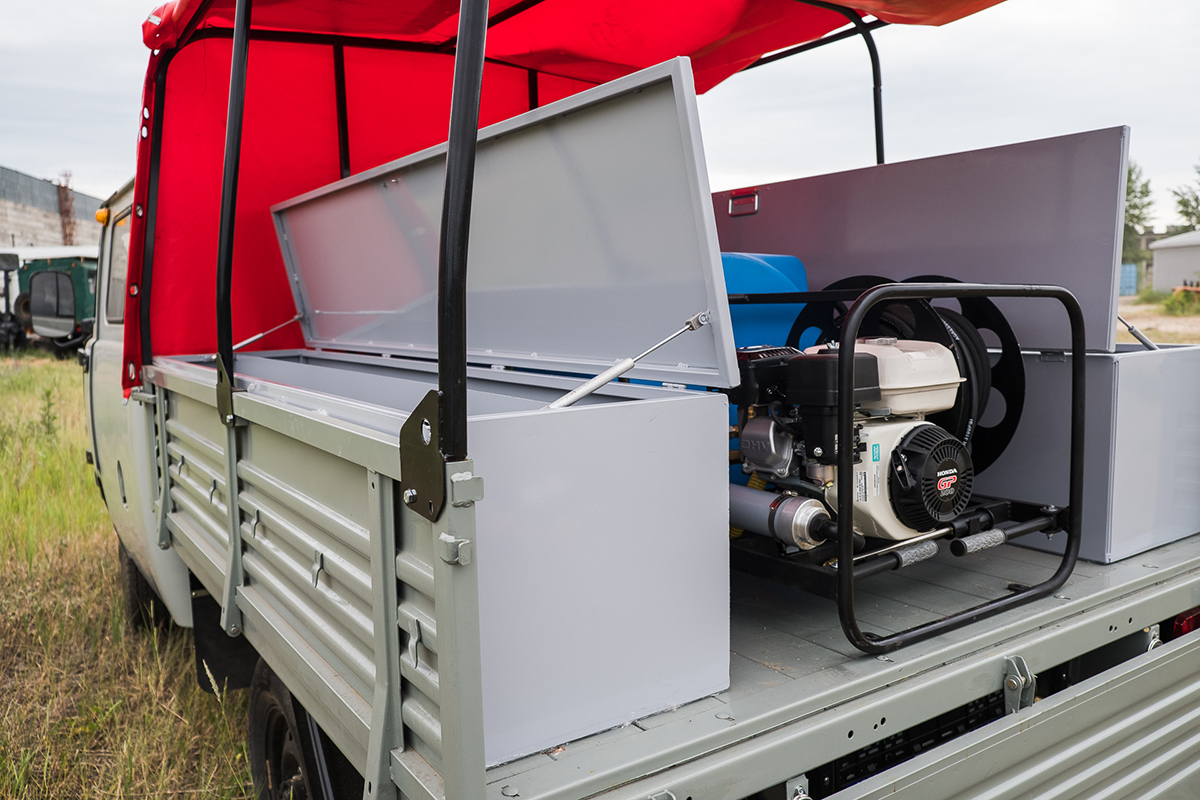 Box - 2 pcs.
Box - 2 pcs.
The base chassis of the MLPC is the UAZ-390945 Farmer vehicle, the most successful platform for building vehicles of this type, which has a number of advantages, such as:
On January 24, 2022, under the chairmanship of the Acting General Director of the State Enterprise "Kazavialesoohrana" Amanov A.K. a meeting dedicated to the formation of an anti-corruption culture among civil servants was held. Article 16 of the Law of the Republic of Kazakhstan “On Combating Corruption” was considered on the agenda, plans for the compliance service of the enterprise for 2022 were considered. The main theses of the President of the Republic of Kazakhstan K-Zh.K. Tokayev on the new economic policy of the Republic of Kazakhstan.
During the meeting, the head of the legal department Ibraev Zh.O. spoke:
- "In the Law of the Republic of Kazakhstan dated November 18, 2015 No. 410-U ZRK. “On Combating Corruption” states that in the subjects of the quasi-public sector, structural units are defined that perform the functions of anti-corruption compliance services, the main task of which is to ensure compliance by the relevant organization and its employees with the legislation of the Republic of Kazakhstan on combating corruption. The anti-corruption compliance service exercises its powers independently of the executive body, officials of the entity of the quasi-public sector, is accountable to the board of directors, the supervisory board (if any) or other independent management body and is independent in ensuring compliance with the requirements of the legislation of the Republic of Kazakhstan on combating corruption. The competence, organization and procedure for the activities of the anti-corruption compliance service are determined by an internal act of the subject of the quasi-public sector. In this regard, special attention of the compliance service of the enterprise will be systematically directed to preventing the occurrence of corruption risks. As part of these activities, an analysis of corruption risks will be carried out and all possible prerequisites for the emergence of corruption risks will be considered. Within the framework of the meeting, the main theses of the speech of the President of the Republic of Kazakhstan Kassym-Jomart Tokayev at the expanded meeting of the Government of the Republic of Kazakhstan on the quality of economic development were considered."
At the end of the meeting, Acting General Director of the State Enterprise "Kazavialesoohrana" A.K. Amanov spoke:
- "The anti-corruption behavior of civil servants is established by Article 52 of the Law on Civil Service, from the norms of which it follows that civil servants must resist manifestations of corruption, prevent corruption offenses, and must suppress the facts of corruption offenses by other civil servants. However, if a civil servant has information about a corruption offense, he must take the necessary measures to prevent and stop such an offense, including immediately informing a superior in writing, the management of the state body in which he works, authorized state bodies.A civil servant is also obliged to immediately in writing inform the said persons and authorities about cases of inciting him by other persons to commit corruption offences."